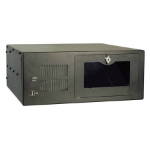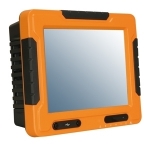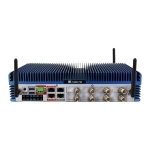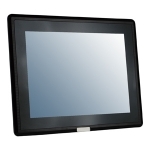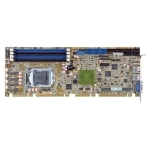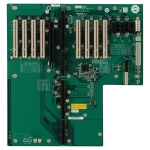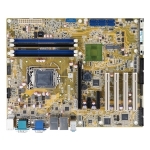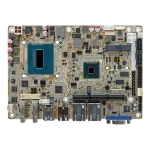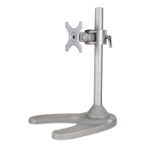Industrial CPU cards are designed to survive the harsh environment, where extremes of temperature, vibration and electrical noise could easily damage 'normal' system components. Commercial motherboards are not designed for such environments.
Motherboards come cheap, but you (don't) get what you (don't) pay for:
- poor grounding, shielding, isolation. Poorly designed motherboards do not provide an adequate multi-layer design for effective signal routing, ground and power plane separation for EMI/RFI compliance. What are we really measuring here?
- low reliability due to cheap
- electronic components (e.g.: using normal electrolytic capacitors, the heat inside the chassis will cause the electrolyte to dry up over time. This in turn may cause shorts, erratic system behavior and so on)
- mechanical components (e.g. connectors with a short insertion life or improperly coated pins, therefore subject to poor electrical continuity over time).
As mentioned previously, industrial CPU cards minimize system downtime (e.g. passive backplane cards all comply to standard mounting specs), and allow an easy upgrade path as newer technology becomes available.

